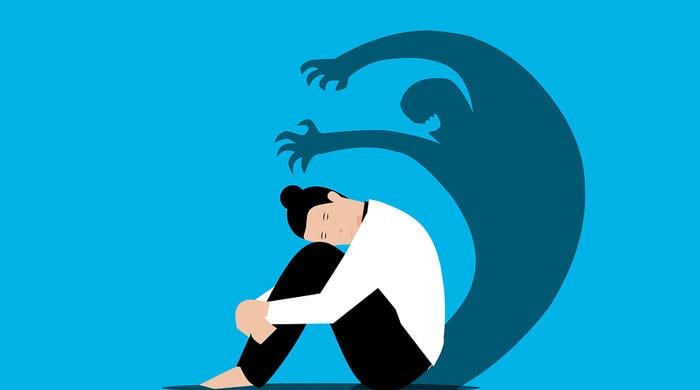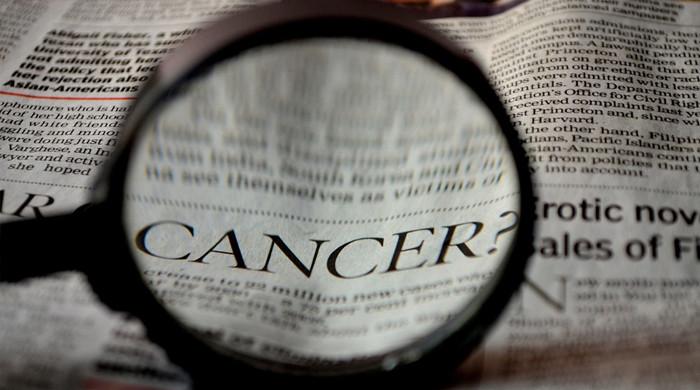Interesting Facts about 0 Blood Types that Everyone Should Know About
Here is an inside look into the O blood type and everything fans can expect
January 14, 2024
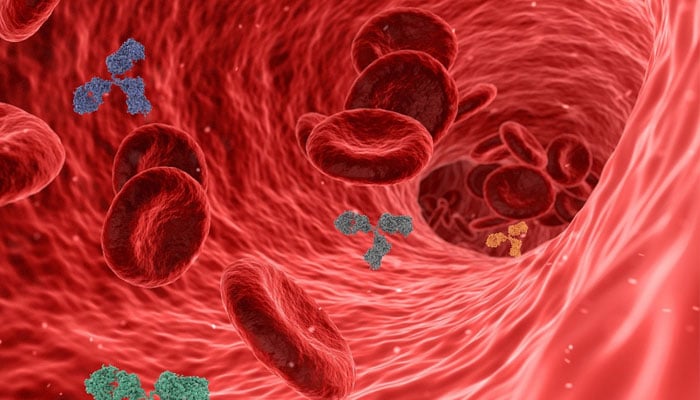
It is a well-known fact in today’s society that a person’s blood type is important in emergencies for blood transfusions, however, new information has come forth as well, linking a person’s blood type to their health.
Some cultures and countries also attribute a person’s blood type to their fortune, personality, and the kind of food that their body can easily digest and thrive off of.
How is Blood Type Determined?
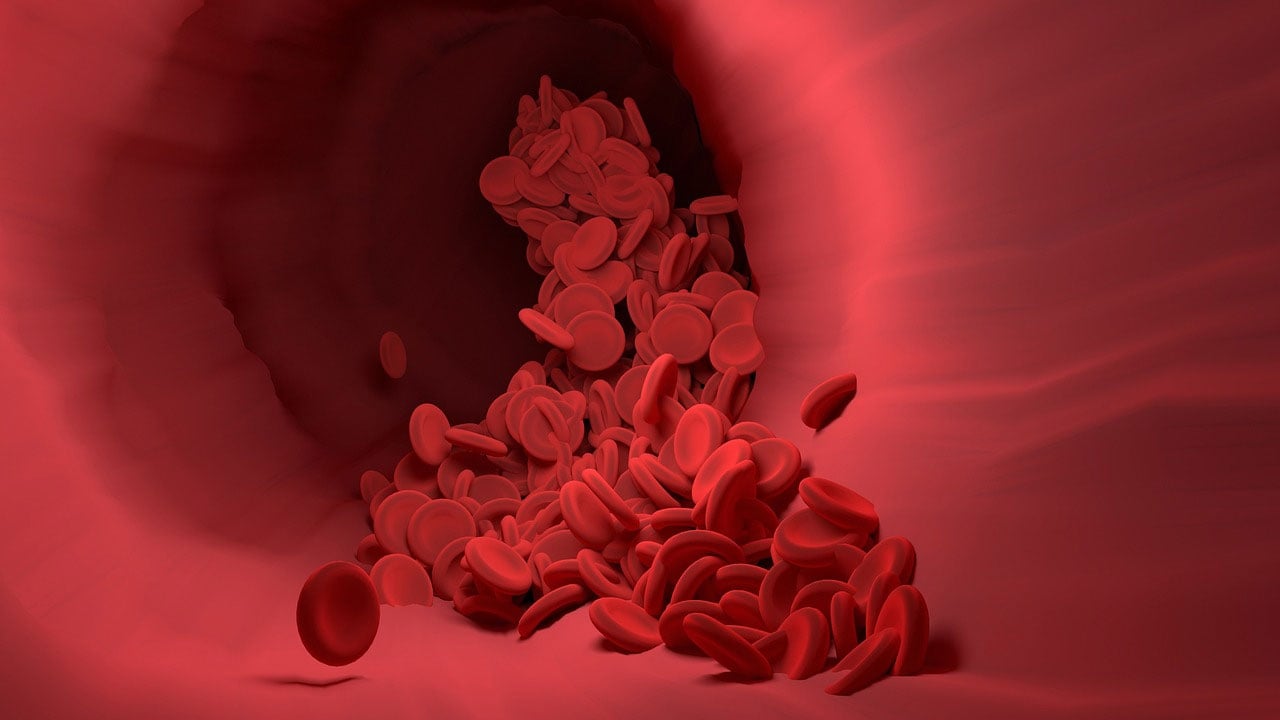
Blood types are determined based on the presence or absence of certain antigens.
It is very important to find the RH or rhesus factor to determine whether or not the transfused blood will be appropriate.
In case the blood is of a different type, the body may try to attack the foreign blood.
Types of Blood:
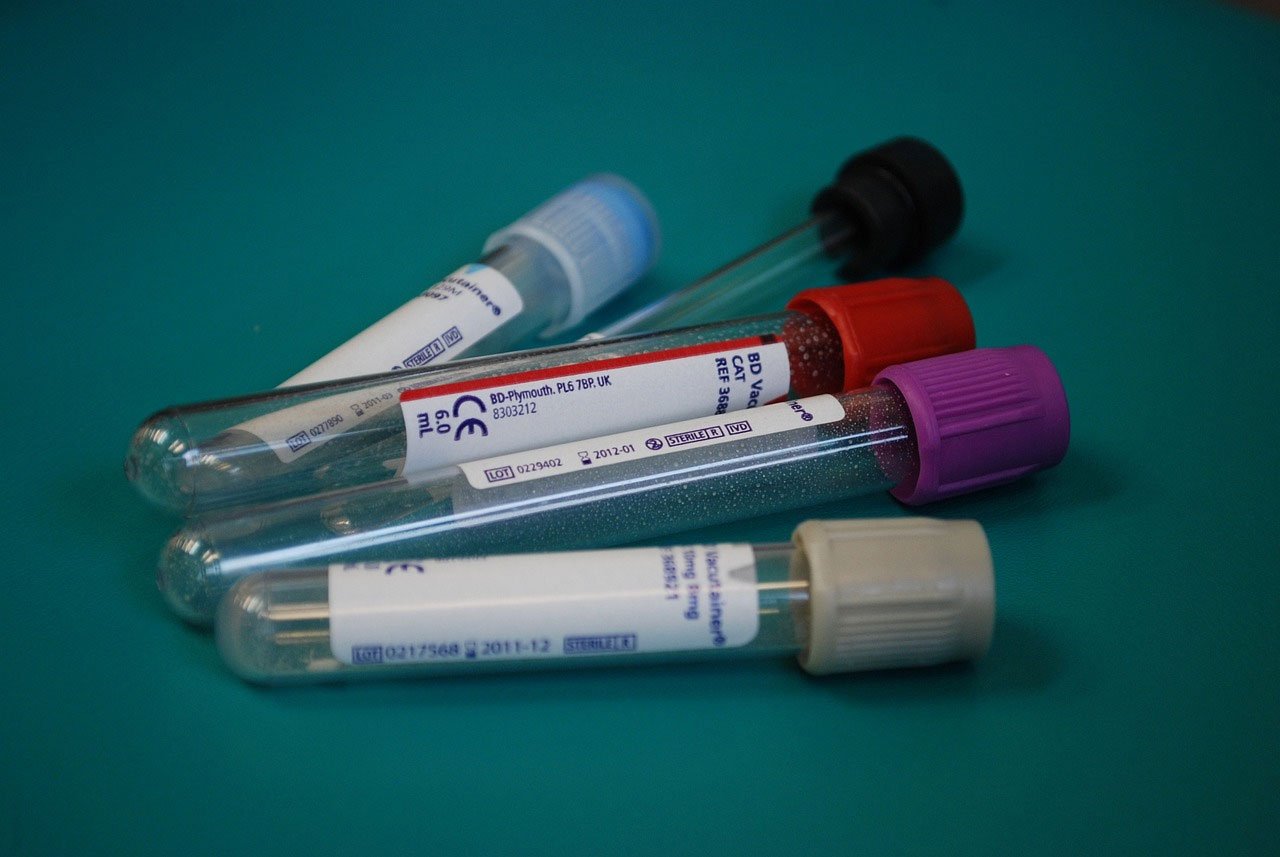
There are four main types of blood which are determined heavily by the presence or absence of A or B antigens as well as antibodies within the plasma.
The Rh factor determines whether or not there are antigens present within the blood.
This makes up a total of eight blood types, namely; 0+, 0-, AB+, AB-, A+, A-, B+, and B-.
Type O blood is the only blood group that does not have any A or B antigens within the plasma.
For those unversed, O+ is the most common of all blood types and accounts for about 37% to 53% of people across different ethnic and racial groups throughout the world.
1. Universal Donors:
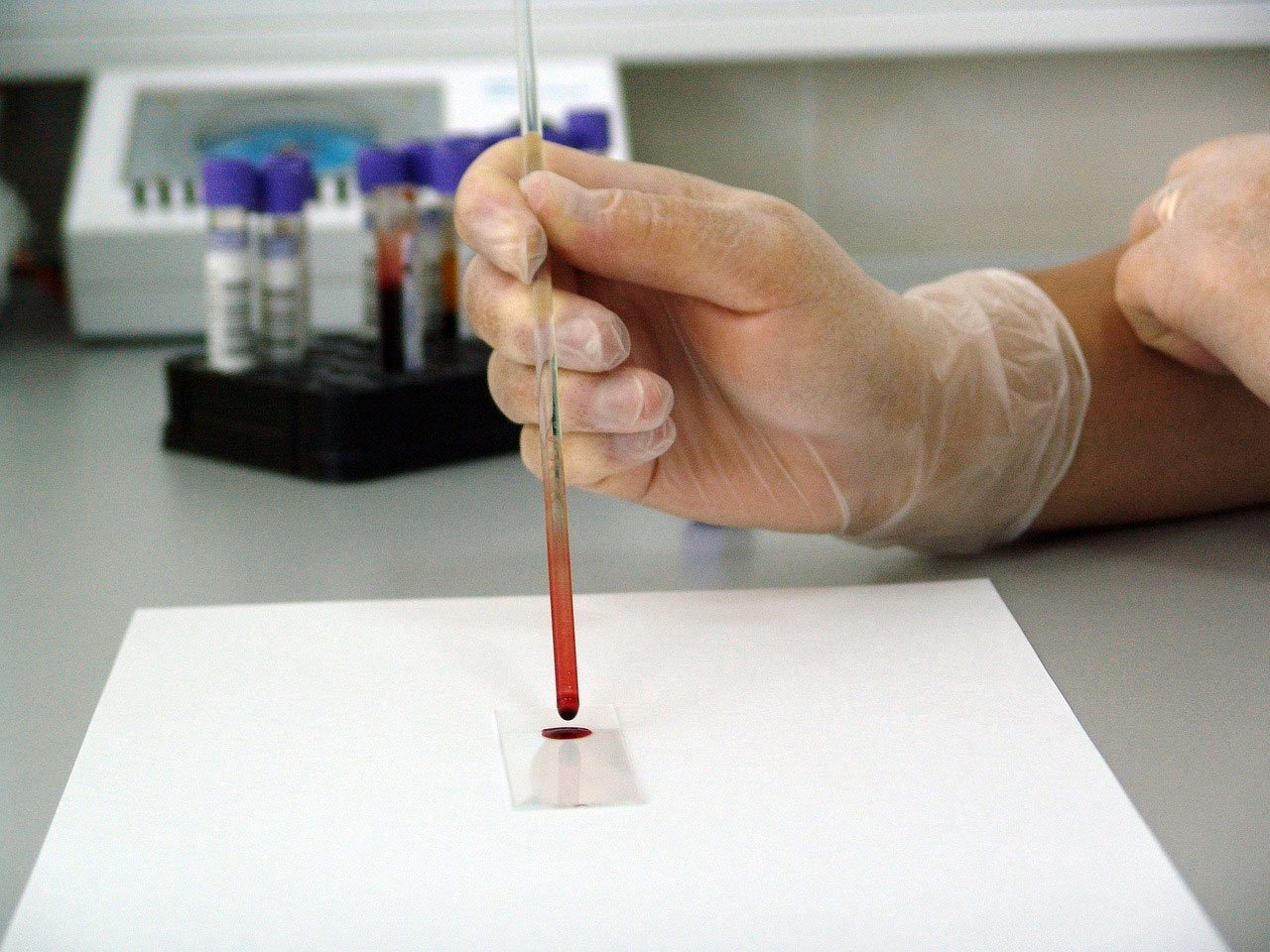
People with the O blood group are universal donors because their blood does not contain any antigens. The absence of these antigens makes the blood usable for all blood groups because people’s bodies will not attack or reject the transfused blood.
O(-) blood group is used in numerous hospitals where the patient is in a critical, life-or-death situation, and their blood group is unknown.
But regardless of whether or not the blood type is known, type O(-) blood is particularly useful during transfusions for newborn babies who do not have a fully developed immune system.
2. What type of blood can o positive receive?
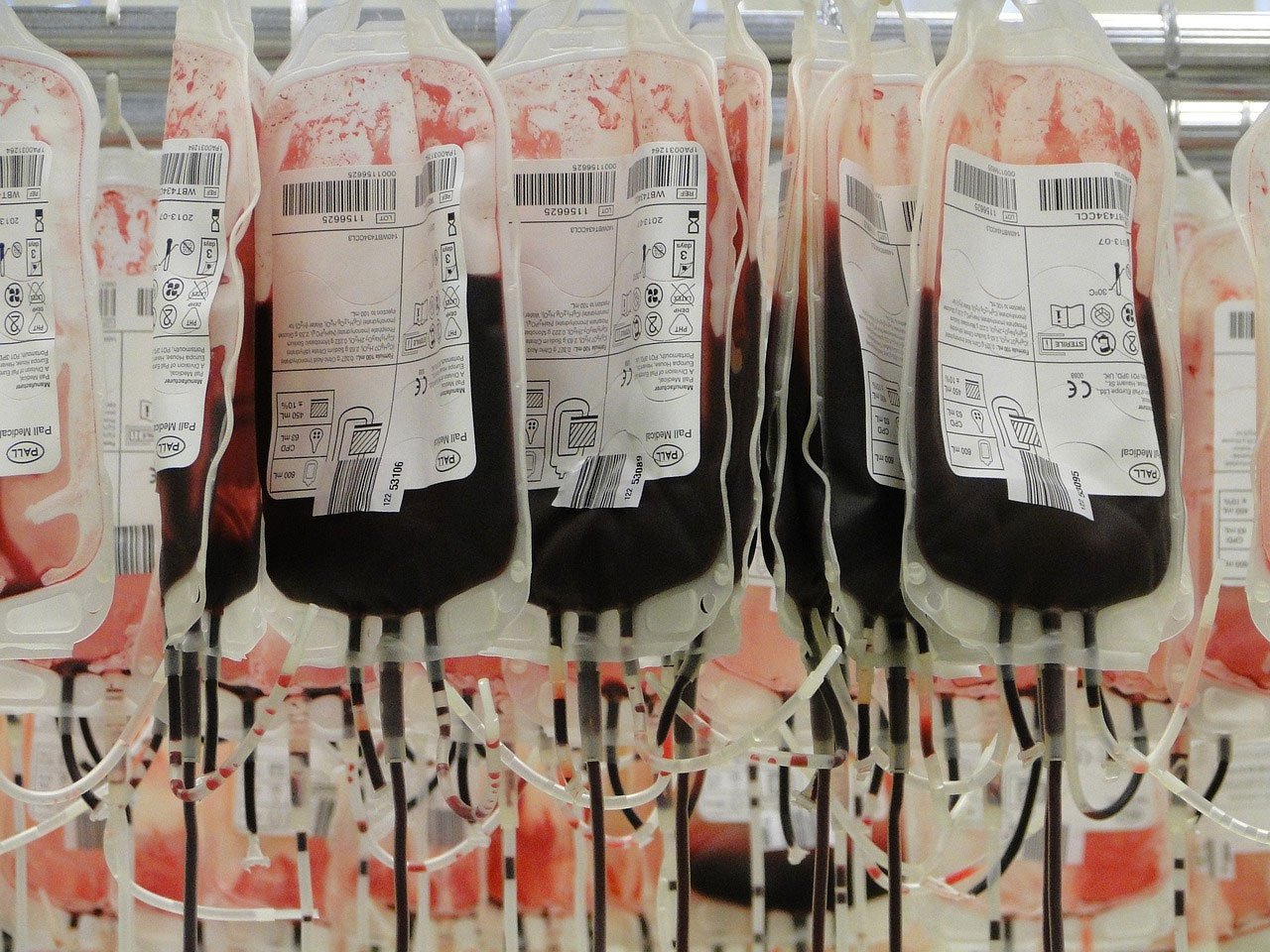
Those with O(+) or O(-) blood, can only receive blood transfusions from those with the same blood type. In cases where there is a supply shortage of O(-) blood, it can easily be substituted for O(+).
Health Risks:

Biochemistry determines the health of people. Even though research on this claim is still underway, several theories link the risks and benefits to a particular kind of blood type.
It has been found that those with O blood type are more susceptible to viral and bacterial infections and this is higher than any other blood type.
The bacterium in question includes plague, mumps, tuberculosis, and cholera.
Some studies have also pointed to the fact that type O blood groups have a 35% higher chance of duodenal ulcers as compared to blood groups like AB, B, or A.
Health Benefits:

Those with type O blood are at a lower risk of developing coronary heart disease and circulatory diseases as well as cognitive disorders, as compared to those with either type AB, B, or A blood types.
Studies show that those with these kinds of blood types are at a 25% increased risk of developing pancreatic cancer.
However, that does not mean that a bad lifestyle and diet will keep a person healthy.
Blood Type and Personality:

Even though evidence to support this claim is lacking, there are standing theories in several countries like Japan, where magazines and shows publish/ broadcast blood type-related quizzes and romance horoscopes.
In terms of type O blood type, it is mostly believed that those with this kind of blood type are passionate, financially successful, generous, and sociable.








